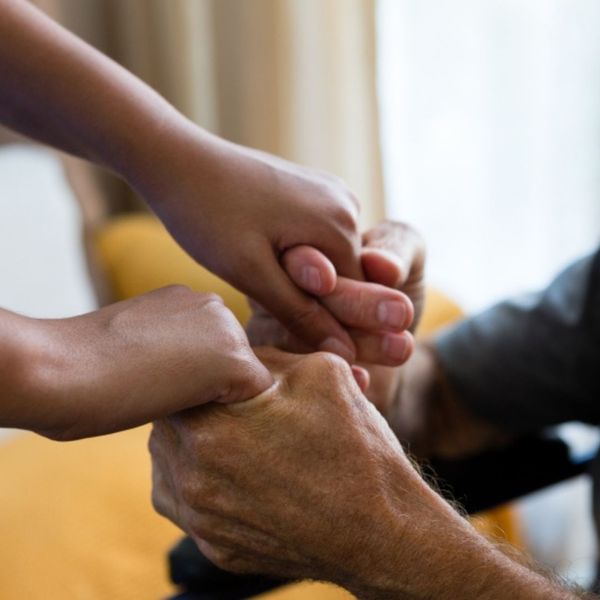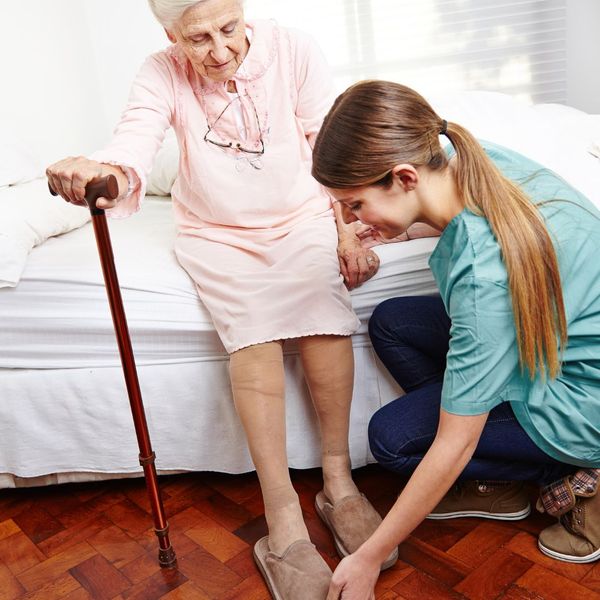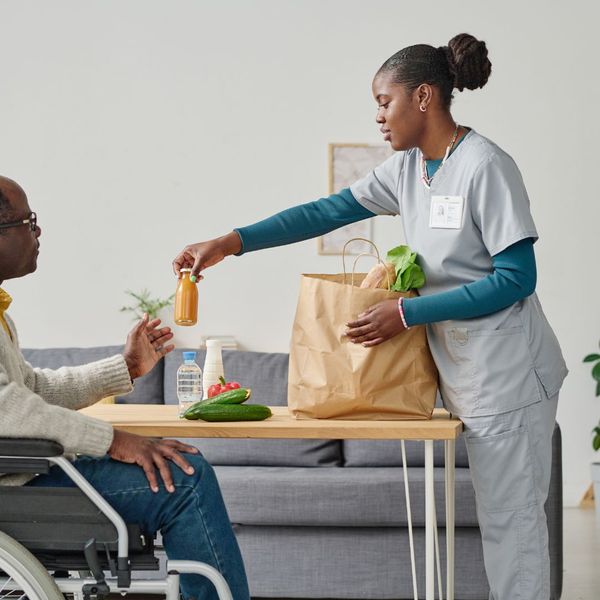If you have the responsibility of providing care for a loved one, Advanced Developmental Disabilities Services understands that it can be a difficult, yet rewarding experience. Let us help you by providing the emotional and practical support you need as a caregiver. We are here to provide assistance, guidance, and the resources to make caregiving easier and more manageable.
How to Know If You Need Support As a Caregiver
How to Know If You Need Support As a Caregiver
How to Know If You Need Support As a Caregiver

What is a Caregiver?
Caring for a family member, friend, or neighbor who has a disability or is sick can be a difficult and emotional task. As an informal or family caregiver, you may help your loved one with basic daily tasks like grocery shopping, cooking, and housework.Caregivers may help them with more complicated tasks such as dressing, taking medication, giving shots, and providing transportation to appointments, all illustrating the demands of being a caregiver. You are providing valuable and often necessary care and support to someone who needs it. However, who provides support to caregivers, and when would they need it?

Research Behind Caregiving Support
According to the U.S. Department of Health and Human Services, about 1 in 5 adults in the United States are caregivers and about 1 in 3 spend at least 20 hours a week helping a loved one. Additionally, changes in health care have shifted much of the medical care to home-based settings, leaving family caregivers to provide a significant amount of medical care and added amounts of stress.

What are the Symptoms?
Caregiver stress is due to the emotional and physical strain of caregiving. Caregivers report much higher levels of stress than people who are not. Long-term caregiving stress can have serious impacts on a person's health. Many are providing help or are "on call" almost all day. Sometimes, this means there is little time for work or friends. Some caregivers may feel overwhelmed by the amount of care their aging, sick or disabled family member needs. Caregivers, particularly women, are at a higher risk of developing anxiety and depression, as well as weakened immune systems, obesity, chronic diseases, and problems with short-term memory.

Ways to Help
To help prevent negative health outcomes, caregivers should reach out for support and take proactive steps to manage their stress. As a caregiver, it is important to take time for yourself. Staying in touch with family and friends and doing things you enjoy with your loved ones can help keep your mental and physical health in check. Try to be physically active most days of the week, choose healthy foods, and get enough sleep. Don't be afraid to ask for and accept help as well. Make a list of ways in which others can help you, and let helpers choose what they would like to do. Ask your doctor for more information about these classes available that can teach you how to better care for someone with a disability or illness.
To help reduce the impact of caregiving stress on your health, it is important to find caregiving support, such as a network of family and friends, or counseling. Reach out the Advanced Developmental Disabilities Services for more advice!
